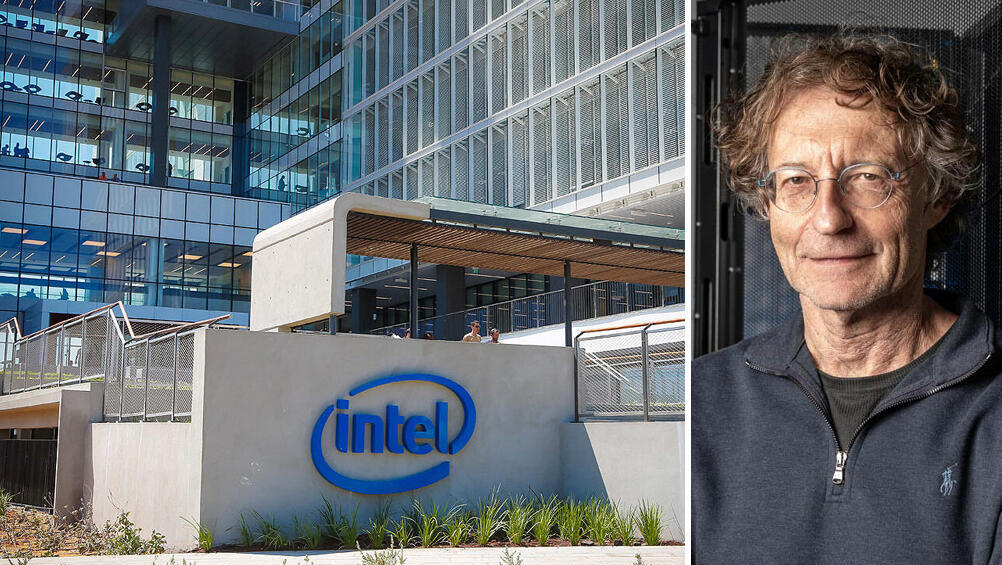
Intel’s Habana Labs shut down, but its founders are moving back in
Six years after Intel’s $2 billion acquisition, Avigdor Willenz and his partners are returning to the same Caesarea offices with a new AI chip venture, Element Labs.
Six years after acquiring the Israeli chip startup Habana Labs for $2 billion, Intel is vacating the company’s 8,000-square-meter offices in Caesarea. The few hundred employees who remain will be dispersed across Intel’s development centers in Haifa and Petah Tikva.
But in a turn rich with symbolism, the same office complex will soon house Element Labs, a new startup founded by Habana’s original trio - Avigdor Willenz, David Dahan, and Ran Halutz.
When Intel bought Habana Labs in 2019, it framed the acquisition as a bold strike against Nvidia’s dominance in AI chips. Yet by 2025, that optimism had collapsed. Intel’s Gaudi 3 processors failed to meet revenue targets, and Intel decided to not even market the next-generation Falcon Shores chip. The decision effectively ended Habana’s life as a distinct entity within Intel, and with it, another chapter in the company’s long history of troubled acquisitions.
What began as a separate unit in Caesarea became absorbed into Intel’s bureaucratic sprawl. Nearly all of Habana’s founders, managers, and engineers left by the end of their four-year retention periods, leaving behind a shell of the company that had once been hailed as Israel’s next great AI export.
For Willenz, a serial entrepreneur whose previous ventures include Galileo (sold to Marvell for $2.7 billion), Annapurna Labs (sold to Amazon), and a stake in Astera Labs (now valued at $26 billion), Habana’s failure was a rare misstep.
Related articles:
The new company, led again by Willenz, Dahan, and Halutz, is developing AI processors optimized for inference operations, the stage where trained models are deployed to perform real-world tasks such as image recognition and natural language processing.
Unlike Habana, which focused on large-scale training chips, Element Labs aims at smaller and local data centers, pushing AI computation closer to users. The goal is to reduce bandwidth and energy strain on hyperscale data centers while improving response times.
The closure of Habana’s offices, first reported by Globes, comes amid Intel’s broader retrenchment in Israel. Once the country’s largest private employer, the company has been cutting jobs across multiple sites.
As of mid-2025, Intel employed about 9,350 people in Israel, down from 10,800 in 2023 and 12,000 at its 2021 peak. Its production plant in Kiryat Gat, which makes chips using the 10-nanometer process, has been hit particularly hard. Roughly 200 employees there are being laid off as Intel automates its assembly control rooms and streamlines management layers.